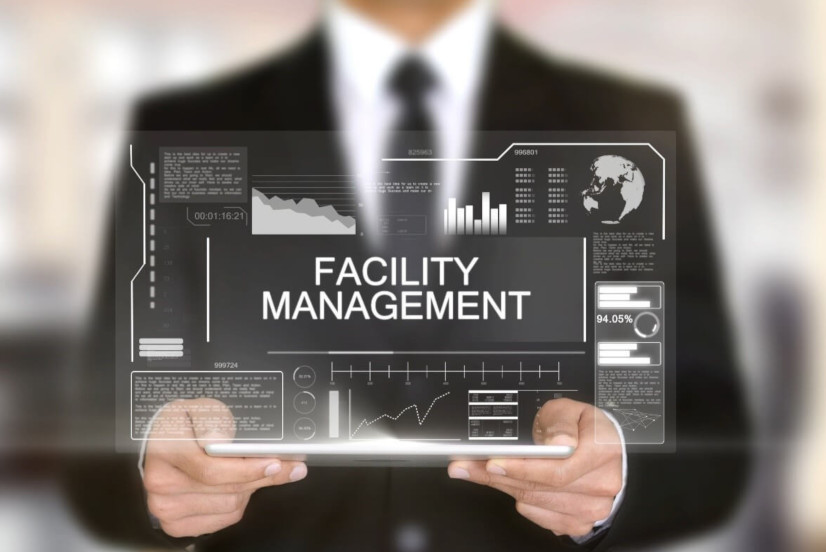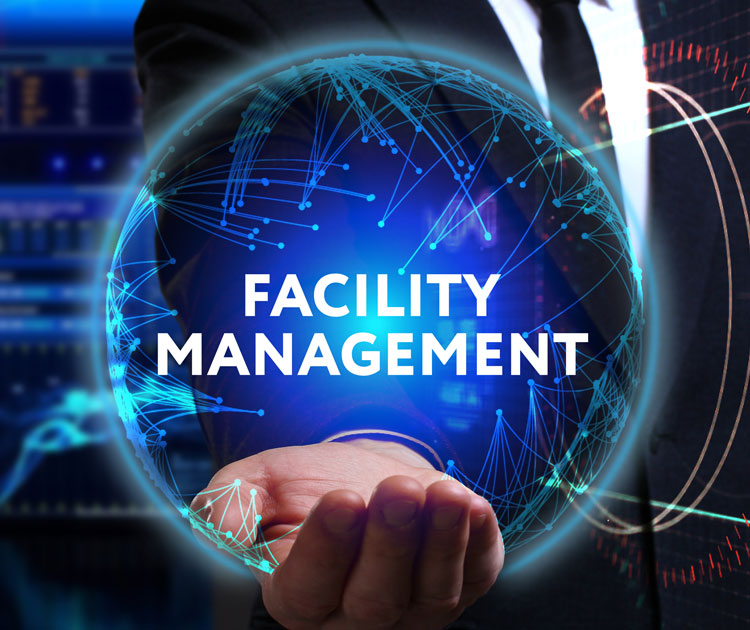Why Total Facility Management Is Necessary for Company Success
Total Facility Management (TFM) offers as a foundation for company success by harmonizing varied operational facets such as maintenance, space use, and security measures. This assimilation not only boosts effectiveness however also straightens facility management with overarching organizational purposes. As companies browse a competitive landscape, understanding the diverse benefits of TFM can be essential in driving expense performance and enhancing staff member efficiency. The effects of adopting TFM prolong much beyond prompt functional gains, increasing crucial concerns concerning its long-term influence on organizational durability and competitiveness. What lies under this vital structure?
Comprehending Total Facility Management
Total Facility Management (TFM) includes a detailed strategy to handling an organization's buildings and connected services to make sure optimum capability, safety and security, and efficiency. TFM incorporates different disciplines, including maintenance, operations, space management, and safety protocols, to create a cohesive framework that supports an organization's core goals.
At its core, TFM aims to improve the processes associated with facility management, reducing redundancies and enhancing service shipment. This technique includes the sychronisation of activities connected to home management, such as repair services, cleaning, and energy management, to cultivate a productive environment for employees and stakeholders alike. TFM additionally stresses the relevance of applying ideal methods and ingenious technologies to improve solution high quality and lower operational expenses.
Comprehending TFM needs acknowledgment of its tactical relevance in sustaining an organization's goal. By lining up facility management tasks with organizational goals, TFM improves general efficiency while ensuring compliance with health and wellness, safety, and environmental laws. Therefore, TFM offers not only as a logistical feature but additionally as a calculated asset, adding to an organization's long-lasting sustainability and growth. In summary, TFM is important for developing a well-functioning setting for organization success.
Trick Advantages of TFM
Leveraging an extensive technique, companies that implement Total Facility Management (TFM) unlock a myriad of benefits that add to total business success. One of the main advantages of TFM is the improvement of functional performance. By consolidating facility solutions under a unified management framework, companies can streamline processes, decrease redundancies, and enhance communication across departments.
In addition, TFM advertises a proactive maintenance method, which lessens downtime and expands the life-span of facilitiess and tools (Total Facility Management). This aggressive strategy not just boosts performance but likewise promotes a much safer working atmosphere, eventually causing greater worker contentment and retention prices
Furthermore, TFM assists in far better source appropriation by supplying insights right into facility performance metrics. Organizations can determine areas for improvement, permitting them to make enlightened choices that line up with their calculated goals.
TFM and Cost Performance
Attaining expense effectiveness is a fundamental objective for companies, and Total Facility Management (TFM) plays a pivotal duty in this undertaking - Total Facility Management. By integrating numerous facility services under a solitary management structure, TFM allows organizations to streamline procedures and decrease redundancies. This holistic strategy causes considerable price financial savings, as it eliminates the demand for numerous suppliers and simplifies purchase processes
In addition, TFM promotes proactive upkeep techniques, which decrease the danger of pricey repair services and downtime. By prioritizing safety nets, companies can prolong the life-span of their possessions and reduce unforeseen expenses. Furthermore, TFM includes energy management methods, which can drastically cut energy costs with efficient resource application.
The centralization of data and analytics within TFM enables companies to make informed financial choices. By identifying fads and locations for enhancement, TFM makes it possible for tailored approaches that better improve price management. Moreover, the scalability of TFM remedies guarantees that as companies expand, their facility management practices stay reliable and aligned with monetary objectives.
Enhancing Employee Efficiency
A well-managed facility can dramatically enhance employee efficiency by producing a favorable job setting. Reliable Total Facility Management (TFM) ensures that all aspects of the workplace-- from lighting and temperature to cleanliness and security-- are enhanced. When workers operate in a room that is comfortable and well-maintained, they are next page most likely to concentrate on their jobs, causing greater outcome and task satisfaction.
Additionally, TFM can improve collaboration through the strategic design of communal locations, urging team effort and advancement. By purchasing the right resources and technology, companies can promote smooth interaction and improve workflows, further boosting efficiency. Regular upkeep and timely actions to facility problems avoid disruptions that can otherwise hinder efficiency.
Furthermore, a safe and healthy and balanced workplace, supported by TFM techniques, decreases absenteeism and advertises well-being, straight correlating with boosted productivity levels. Eventually, prioritizing facility management is a financial investment not only in physical properties however additionally in the workforce itself. By cultivating an environment that sustains worker demands and preferences, businesses can cultivate an extra engaged and reliable workforce, driving total success and competitive advantage.

Future Trends in TFM
Embracing technological improvements is readied to improve the landscape of Total Facility Management (TFM) in the coming years. As the demand for efficiency and sustainability increases, TFM will significantly embrace wise structure innovations, incorporating Web of Points (IoT) devices to keep track of and manage facility operations in real-time. This shift will enable aggressive maintenance, significantly reducing operational costs and boosting solution shipment.

Sustainability remains a vital focus, with TFM professionals anticipated to focus on green practices. This includes using sustainable energy sources and maximizing waste management systems to minimize the carbon impact of facilitiess.
Remote management abilities will certainly also be broadened, enabling facility supervisors to supervise operations from essentially anywhere. This adaptability will end up being vital as organizations adapt to crossbreed job models. In summary, the future of TFM is positioned for makeover through modern technology, sustainability, and enhanced functional strategies, guaranteeing organizations stay competitive in an advancing landscape.
Verdict
By integrating different operational functions, TFM enhances effectiveness and lines up facility management with organizational goals. As companies progressively take on lasting techniques and cutting-edge innovations, the relevance of TFM will certainly proceed to grow, ensuring long-term functional efficiency and competition in a developing marketplace.
